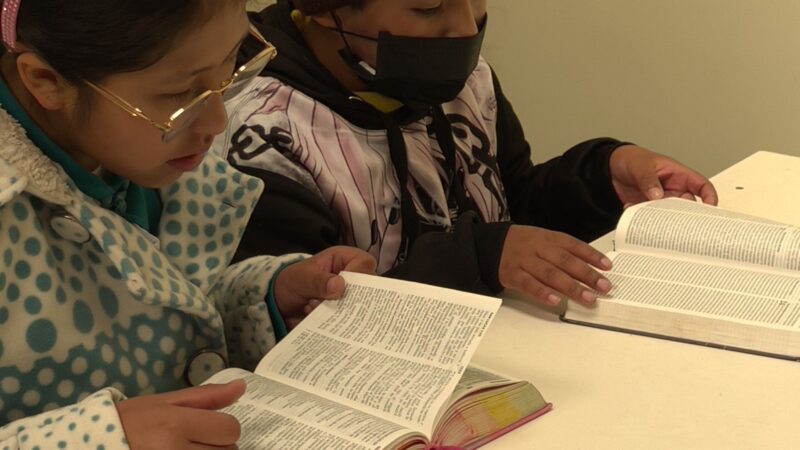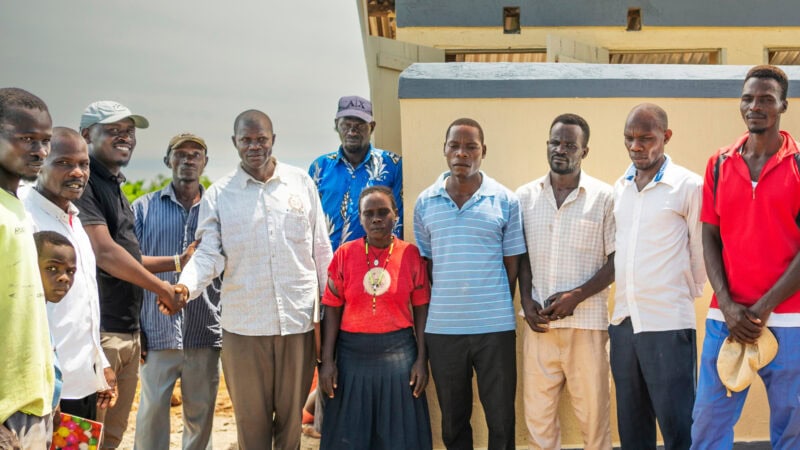The Lord called my family to full-time missions service nearly ten years ago. Fresh out of university and brimming with passion for missions, we were confident we had a pretty good idea of what to expect. However, after years of the highs and lows of life on the field, it turned out that our expectations were significantly different from the realities that we faced. While we thought that we knew what missions would entail, the practice of it was far more complex than we had anticipated.
Many questions come to mind when considering missiology. For example, are missions only going to a faraway land and a people of another culture? Can missions be something accomplished locally? Are missions providing food to the needy? Support for the homeless? Maybe it’s sharing the Gospel with your neighbor who doesn’t attend church? Which is it? Is it all of them? Perhaps it’s something different altogether?
What are missions?
The concept of missions is a fairly divided subject and can be challenging to define succinctly. If you asked ten churchgoers the question “what is missions,” you’d likely get ten different answers. The diverse backgrounds we come from, and theologies we follow, can influence this answer and, by association, how we participate in fulfilling this great work.
This post is to be the first in a series of blogs that address different aspects of missions, hopefully helping us better understand our place within the Missio Dei, God’s overarching mission.
The Great Commission
Naturally, the best place for this examination to begin is in God’s Word. When discussing the topic of missions, people often refer to the Great Commission, found in Matthew 28. Go therefore and make disciples of all nations, baptizing them in the name of the Father and of the Son and of the Holy Spirit, teaching them to observe all that I have commanded you. And behold, I am with you always, to the end of the age.
Matthew 28 is essentially the John 3:16 of missions – a quick summation of a larger and more complex theology. While Matthew 28 is a familiar verse for many readers, studies have found that understanding the passage may be more of a challenge. A 2018 Barna study discovered that approximately 51% of churchgoers had no idea what the Great Commission was. Further, of those who said they knew it, 49% had no idea what it meant.
God With Us
The most crucial aspect of Matthew 28 is that God will be with us as we walk this road of missions. We may not fully understand the how, why, or when, but we can know with confidence that God is faithful and will be with us as we move forward. Our first step is one of obedience.
To start, consider the mindset that precedes any action in preparing our hearts to say “Yes” to God’s leading. We must remember that the work of missions is entirely in God’s hands. By participating in that work, we are allowed the opportunity to take part in what God is already doing. Answering the call to any action when uncertain of what it might involve can be pretty daunting. Nevertheless, because of His goodness, as God invites us to be a part of His mission, we can confidently answer “yes!”




